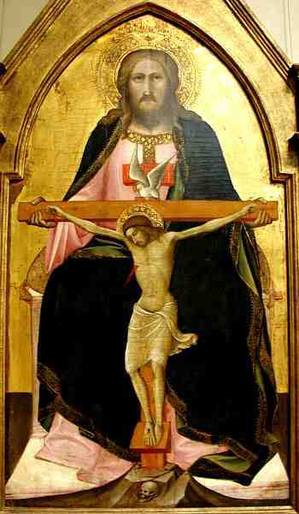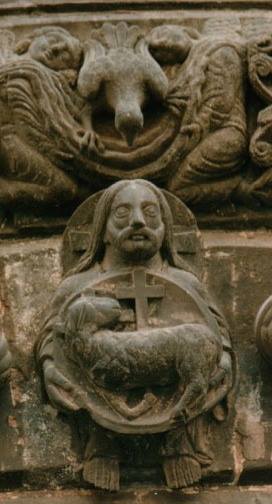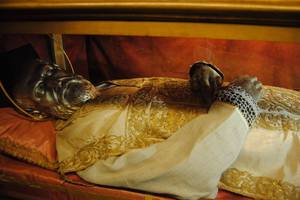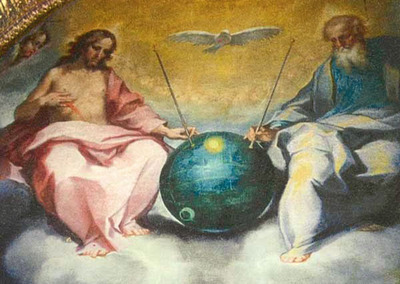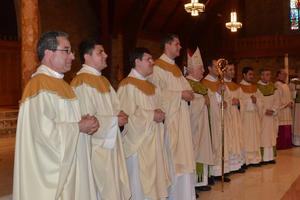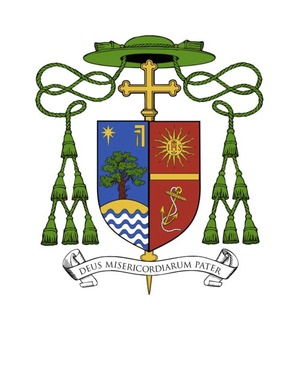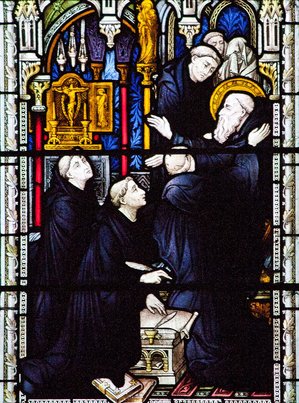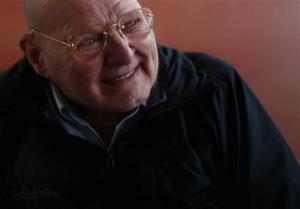The “Apostle of the English,” Saint Augustine of Canterbury is the one most credited for proclaiming the Gospel and organizing the Church in England in late sixth and early seventh centuries, a mission given to him by Pope Saint Gregory the Great.
We know little of Augustine’s birth or of his early life. Scholars think, however, he was as a Roman, in fact, a member of a noble family. The vocation he followed was to the monastic life under the Rule of Saint Benedict. Augustine’s Benedictine life was lived in a recently for formed colony of monks under Gregory, later pope, saint, and doctor of the Church.
What know of Augustine’s mission is in light of Pope Gregory’s missionary impulse for the deeper conversion of the Anglo-saxons. Data tells us that in around 595, five years into Gregory’s 14-year pontificate, Augustine was sent, with about 40 monks, to England to develop a plan for evangelization. Even though the gospel had been planted in England, Wales, Scotland and Ireland, the faith was weak or not well taught and so it was thought that the people needed to be evangelized anew. The mission was given in June 596 but the monks didn’t end up leaving until the spring of 597. In time, Augustine‘s talents surfaced and was nominated the superior and then archbishop.
Through the preaching of the monks, King Ethelbert would later convert, and eventually even be canonized; his wife Bertha became exemplary in the practice of the faith.
Augustine and Gregory both died in 604.
Saint Augustine, pray for Great Britain, and us.

